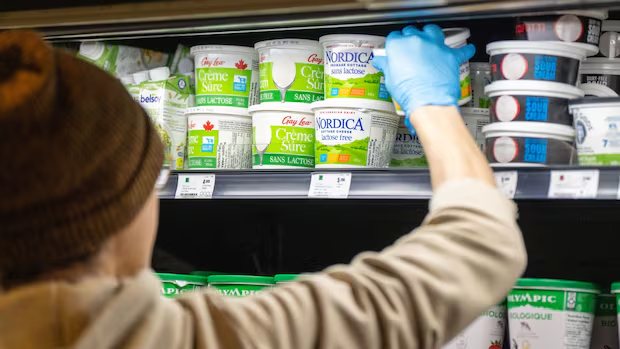With U.S. President Donald Trump imposing a 35 per cent tariff on Canadian goods not compliant with the Canada-U.S.-Mexico Agreement (CUSMA), many Canadians are taking matters into their own hands—by boycotting American products and travel. CBC News asked readers to share how and why they are pushing back against the U.S. trade stance, and the responses reflect a nationwide surge in economic patriotism.
From groceries to gas, Canadians are rethinking their spending habits. A common theme is label-reading vigilance. Rita Bailey told CBC she now checks every product to ensure it’s made in Canada or a trade-friendly country. “Shopping this way makes me stop and think, ‘Do I really need this?’” she said, adding that the habit has helped her save money and feel more grounded. Like Bailey, others have taken this as a moment to pause, reflect, and resist what they see as unjust economic pressure.
Larry Sharpe and his wife said they’ve been boycotting U.S. goods since the day Trump took office. Living just 20 minutes from the U.S. border, they used to cross frequently—but no longer. “We refuse to cross the border,” Sharpe said. “We became rabid label readers.” Gino Paolone, a resident of Thorold, Ontario, echoed that sentiment. A regular cross-border shopper and golf tourist, he has completely halted his visits. “I refuse to go over and support their economy while they try to destroy ours,” he said.
Others have extended their boycott to broader lifestyle choices—canceling U.S.-based streaming services, pulling investments from American firms, and shifting their snowbird travel plans to stay in Canada. Karen Mount told CBC she now shops exclusively at local farmers markets and looks for Mexican produce in the winter instead of U.S. imports. Her only exception? Smartwool socks. “They are really good,” she admitted.
Some Canadians say this boycott could last a lifetime. “I may never shop again without making sure it’s a Canadian product,” said Garry Semple. Rita Bailey added, “I am 75 and I can’t see this changing for the duration of my life. I won’t back down and I pray that our leaders won’t either.”
The boycott reflects more than a consumer trend—it’s an emotional response to what many feel is economic bullying. And as the trade standoff continues, Canadians are showing that resistance isn’t just about policy—it’s personal.

